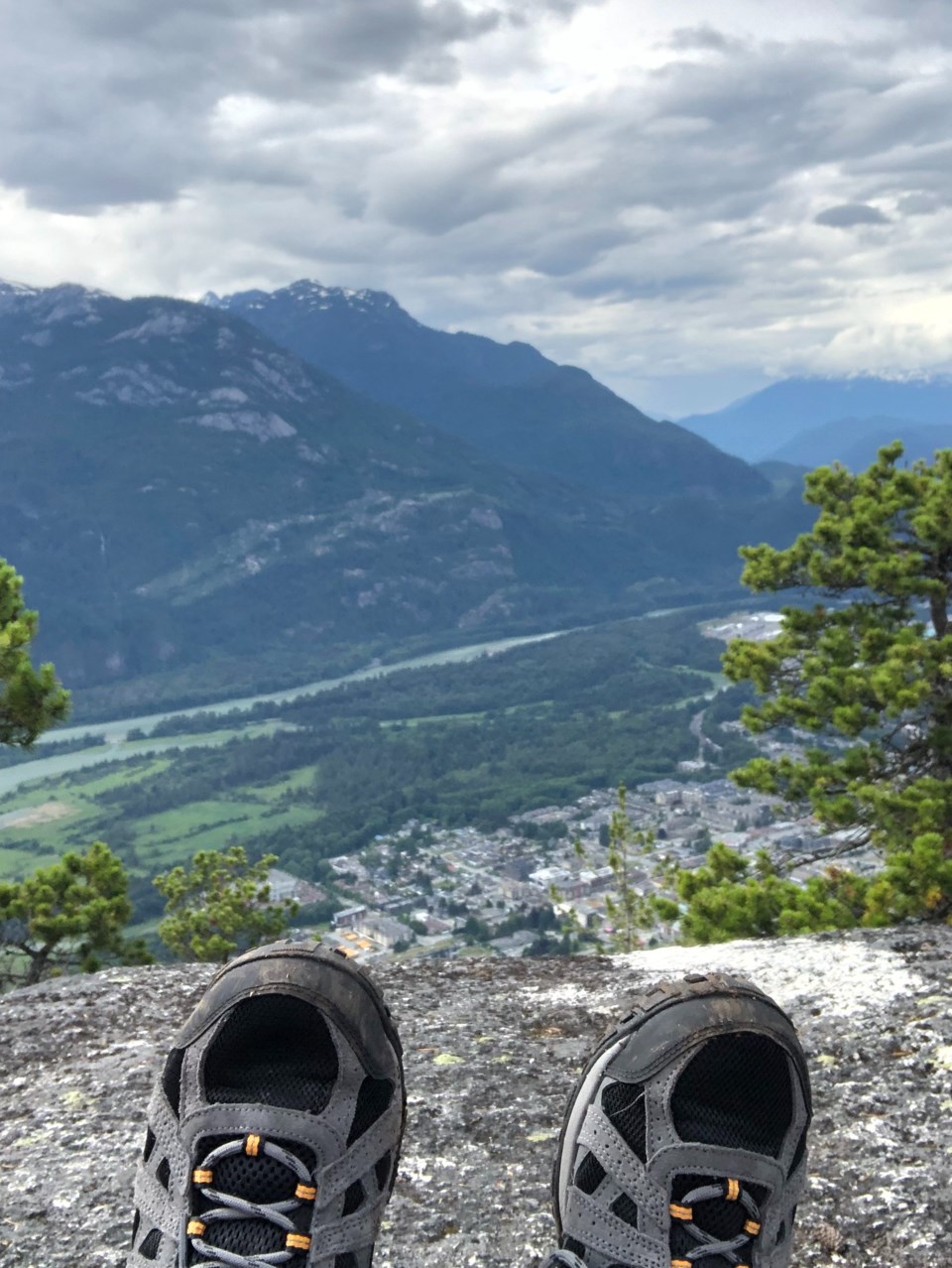I don’t normally take life advice from fictional mob bosses, but for all his criminal exploits, rampant philandering and frequent violent outbursts, Tony Soprano, the scene-stealing mafia head from HBO’s landmark TV series, also had the odd moment of surprising lucidity. (Probably all that therapy.)
One of his quotes has stuck in my mind since I first heard it in an episode from The Sopranos’ final season, and chances are you’ve heard some version of it even if you aren’t a fan of the show (to which I say: c’mon): “There’s no geographical solution to an emotional problem.”
I think this piece of advice has stayed with me over the years largely because I haven’t been particularly good at following it. When I was living in Ottawa after my criminology degree, working a mind-numbing retail job and feeling all sorts of restless, I made the move to South Korea to teach English and get out of my comfort zone. A year later, I was enrolled in journalism school and, fresh off a breakup, decided to head to Medellin, Colombia for my required co-op placement instead of sticking around Ontario like most of my classmates.
I don’t regret these decisions at all. They led to the kinds of transformative experiences that have played a huge role in shaping who I am today—and let’s face it, very few people wind up on their death bed regretting the leaps of faith they took, even if they didn’t always stick the landing. But did uprooting my life to head halfway around the world ultimately resolve the underlying issues that drove me there? Not really. They may serve as a temporary fix, the shiny object distracting you from your shit for a brief spell, but, somehow, some way, the shit always resurfaces.
To trot out another well-used adage that seems to hover in the back of my mind: Wherever you go, there you are.
It’s something I’ve been thinking a lot about lately. Maybe it was turning 36 recently and taking stock of where I’m at in life. Perhaps it’s approaching my 10-year mark in Whistler and pondering what’s next. I’m sure these past couple years of lockdowns and travel restrictions are a big part of it, too, as I have, like so many of us, used that time to reflect on what’s truly important to me.
One of those realizations was how much I value and crave adventure. But instead of falling back on my usual tendency to seek out adventure in some far-flung destination, I’m trying to recalibrate my perspective to find it in my own backyard.
That may sound silly to the average Whistlerite who spends nearly every waking moment chasing the next mountain to conquer or trail to master, but for someone like me who has told himself for so long that he is not exactly a Great Outdoorsman, this represents progress. Besides, another epiphany I came to in the pandemic is just how limiting the stories we tell ourselves can be. The truth is, when I first landed in the resort in 2012 for work, I didn’t find it to be the little slice of paradise so many others did. Expensive, corporate, and cliquey, I resented Whistler for some time when I first got here, which inevitably bled into how I perceived the recreational pursuits that make up the lifestyle here.
A decade later and I still don’t really ski or bike, and possess the camping skills of a newborn baby, but my view of Whistler—and myself—has shifted in important ways. I may not know how to start a fire or tie a bowline knot (I had to Google “camping knots” to even know what a bowline is, FYI), but I do know that I’m not as dissimilar to most Whistlerites as I used to think. After all, the common thread that ties most of us together is that we took a leap to even be here, foregoing the typical 9-to-5 grind for something more—something meaningful—and that I can definitely get onboard with.
British explorer Alastair Humphreys has made a life out of adventure, but a few years back he hit pause on his epic, continent-spanning treks to focus more on what he calls “microadventures”—a movement that has since taken off and especially grown in popularity over these past couple years.
“[Adventure] is a state of mind, a spirit of trying something new and leaving your comfort zone. Adventure is about enthusiasm, ambition, open-mindedness and curiosity,” he writes in his bestselling book, Microadventures: Local Discoveries for Great Escapes. “If this is true, then ‘adventure’ is not only crossing deserts and climbing mountains; adventure can be found everywhere, every day, and it is up to us to seek it out.”
Not quite as quippy as Tony Soprano’s oft-used quote, but one I’m going to keep close to heart nonetheless.



